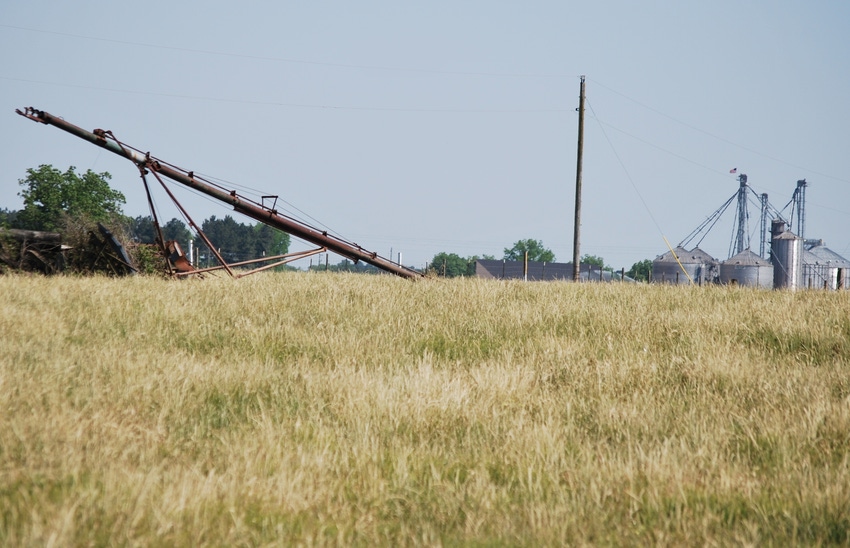
A recent article by Bill Torpy in the Atlanta Journal-Constitution used a proposal to subsidize high-speed internet access in rural areas to complain about the general phenomenon of urban areas subsidizing rural areas. Besides being rather mean-spirited, Torpy missed two important points to his attempted argument.
First, urban, rural, and suburban areas all take turns subsidizing each other on different government services; that is simply the nature of our all-intrusive government these days. Second, subsidizing rural internet access is a bad idea, but for a completely different reason than he thinks.
Some services are more expensive to deliver to rural areas where the population density is much lower. Mail and package delivery, water and sewer, school buses, and, yes, high-speed internet all cost more per household in rural areas where the same mile of distance covered includes fewer paying customers.
When government provides the service at a flat price for all customers, that means those who live in cities and towns are subsidizing those living in the country, even when that subsidy doesn’t show up as an explicit government payment.
In the opposite direction, some government services cost more in areas where people live closer together. Storm water management, roads, and fire protection all cost more in high-density areas. In these cases, charging everyone the same price (or tax rate) will result in rural and suburban areas subsidizing the urban residents.
For example, you won’t find small towns such as Camilla, mentioned by Mr. Torpy with disdain, requiring $300 million interchanges or multi-million infrastructure investments to control storm water. In Camilla, and across the rural countryside, rain just soaks into the abundant unpaved ground.
Mr. Torpy should be careful assuming that the subsidies are only running in one direction.
Typically, these subsidies are minimized when services are delivered by the private sector, which is much more likely to charge different customers different prices when those prices are justified by the cost of providing the service. The problem with rural high-speed internet is that some politicians want the state or federal government to step in to subsidize private providers in order to minimize or eliminate the very price differentials (or lack of service) that arise naturally because it is so expensive to deliver when customers are few and far between.
I actually agree with Mr. Torpy that this government intervention is a bad idea, but not for the reason he thinks.
If the market won’t support that service, going without it is a cost of rural living. Before we get too worried about the inequity, we should realize that technology soon will solve this problem with wireless high-speed internet that circumvents the need for much of the expensive infrastructure. More important, inequities tend to balance out in life.
High-speed internet might be more expensive in rural areas, but houses are less expensive. Government services that require a lot of infrastructure might cost more, but personal services probably cost less. Government should not try to even out one situation without looking at the big picture.
Life is always unfair. Sometimes it is unfair against you and other times the unfairness will be in your favor.
Rural life provides many benefits such as lower housing prices, more open space, knowing your neighbors, and the simple enjoyment many people get from living in small towns and rural areas. Urban living has its own set of positives: 24-7 conveniences, more restaurant options, lots of shopping everywhere. The price of rural life is some products and services are less available and more expensive; urban life comes with higher prices for housing and any service that has to pay rent.
People are capable of looking at the big picture, considering all the pluses and minuses, and making a choice of where they wish to live. We don’t need an even playing field. Variety is a benefit to consumers. In fact, almost all of us, whether living in Camilla, Atlanta, or the rest of Georgia, already know we are living in the better place.
Jeffrey Dorfman is a professor of agricultural and applied economics at The University of Georgia.
About the Author(s)
You May Also Like




